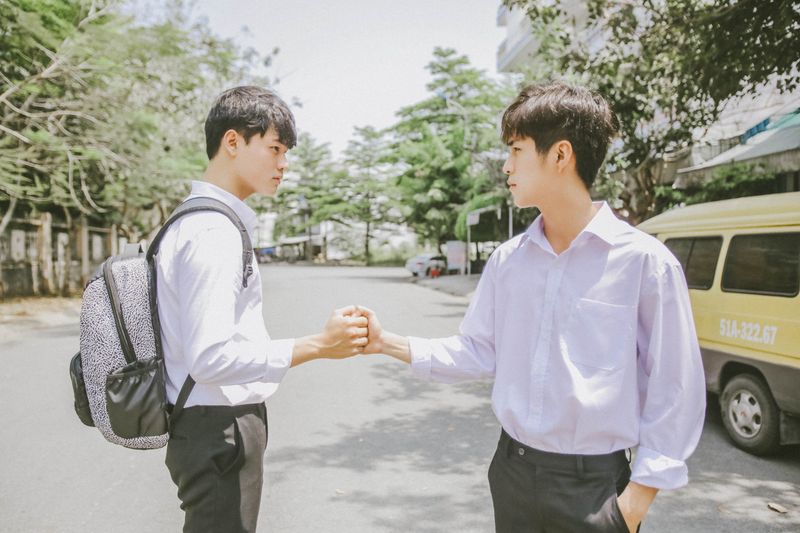Frantic Start to NBA Free Agency: Kyrie Irving Returns to Mavericks
Introduction
The NBA free agency period has commenced and teams are wasting no time making moves to improve their rosters. As several teams vie for playoff contention or championship aspirations, trades and signings will undoubtedly shape the landscape of the upcoming season. With the opening of free agency, the Dallas Mavericks have made a significant move by re-signing All-Star guard Kyrie Irving to a three-year, $126 million contract. This report will provide an overview of the key free agent signings and trades that have taken place thus far, alongside insights into the philosophy behind these moves and the implications for the teams involved.
Irving’s Return to Dallas
In a deal shrouded in secrecy, Kyrie Irving has reached an agreement to return to the Dallas Mavericks on a lucrative three-year contract. While the specifics of the deal have not been made public, sources indicate that it is worth $126 million. Irving’s decision to rejoin the Mavericks comes after a brief stint with the team last season following a trade from the Brooklyn Nets. The Mavericks are hopeful that Irving’s exceptional skills and leadership on the court will elevate them to playoff contention and potentially even establish them as championship contenders.
The Draymond Green Factor
Another significant development in the early stages of free agency is Draymond Green’s decision to sign a four-year, $100 million contract extension with the Golden State Warriors. Known for his defensive prowess and versatile skill set, Green is a valuable asset to any team. The Warriors, who have enjoyed tremendous success with Green as an integral part of their championship-winning squad, see his return as vital to their ongoing pursuits. By securing Green’s services for the foreseeable future, the Warriors are determined to maintain their competitive edge and contend for another title.
Other Notable Deals
In addition to the aforementioned signings, several other noteworthy contracts have been finalized during the early stages of free agency. Khris Middleton, a key player for the Milwaukee Bucks, has agreed to a three-year, $102 million extension. With Middleton’s scoring and playmaking abilities, the Bucks solidify their roster around reigning MVP Giannis Antetokounmpo.
The Los Angeles Lakers have made significant moves by signing Gabe Vincent to a two-year, $22 million deal and Taurean Prince to a one-year, $4.5 million contract. These acquisitions will add depth and versatility to the Lakers’ roster as they seek to bounce back from a disappointing season.
Other notable signings include Cam Johnson staying with the Brooklyn Nets on a four-year, $108 million deal, Jakob Poeltl sticking with the Toronto Raptors on a four-year, $80 million contract, and Jerami Grant returning to the Portland Trail Blazers on a lucrative five-year, $160 million contract. These deals not only solidify the respective teams’ rosters but also demonstrate their commitment to building a competitive squad capable of contending for championships.
Philosophical Discussion: The Pursuit of Winning
The flurry of activity in the early stages of free agency underscores the fierce competition among NBA teams to assemble a winning roster. It is evident that teams are willing to spend significant amounts of money to secure the services of star players and maintain a competitive edge in the league. This pursuit of victory raises questions about the philosophy behind these decisions and the responsibilities that teams have to their fans, players, and communities.
From a philosophical standpoint, one can argue that teams have a moral obligation to prioritize the well-being and happiness of their players. By offering lucrative contracts, teams not only reward players for their talent and hard work but also provide financial security and a sense of belonging. Moreover, these signings can foster a culture of excellence and teamwork, which ultimately benefits the entire organization and its fans.
On the other hand, critics may argue that the excessive spending and focus on winning at all costs perpetuate a culture of inequality and reinforce the notion that success is measured solely by championships. They argue that by investing exorbitant amounts of money in star players, teams neglect other key areas, such as investing in grassroots development programs, training facilities, or community initiatives. These critics contend that teams have a moral obligation to balance their pursuit of winning with their broader social responsibilities.
Editorial: Striking a Balance
Finding the right balance between winning and fulfilling broader social responsibilities is a complex challenge for NBA teams. While winning championships may be the ultimate goal, organizations must also consider the long-term sustainability of their operations and their impact on the communities they represent. Achieving success should not come at the expense of neglecting other crucial aspects of the team’s role in society.
It is encouraging to see some teams, like the Orlando Magic, investing in young talent and focusing on long-term growth and development. By signing short-term contracts to preserve salary cap space, these teams demonstrate a commitment to building sustainable and competitive rosters while also investing in the future. This approach strikes a balance between immediate success and long-term organizational stability.
Furthermore, teams should consider investing in community programs, spreading basketball awareness, and empowering local youth. By actively engaging with their fan base and making a positive social impact, teams can build a loyal and passionate following while fulfilling their broader social responsibilities.
Advice: Prioritizing Long-Term Success
As the NBA‘s free agency period unfolds and teams continue to make moves to bolster their rosters, it is essential for decision-makers to prioritize long-term success rather than succumb to short-term pressures. While the allure of immediate success may be tempting, sustainable growth and development should be the guiding principle.
Teams should leverage their resources to invest in player development programs, foster a culture of teamwork and collaboration, and maintain financial stability. By taking a holistic approach to team-building, organizations can create a sustainable foundation for success and ensure that their pursuit of championships aligns with broader social responsibilities.
In conclusion, the early stages of NBA free agency have showcased the frenetic pace at which teams are making moves to strengthen their rosters. While winning championships remains the ultimate objective, teams must balance their pursuit of victory with broader social responsibilities. By investing in player development, fostering a positive team culture, and engaging with their communities, organizations can create a sustainable path to long-term success.

<< photo by TJ Dragotta >>
The image is for illustrative purposes only and does not depict the actual situation.
You might want to read !
- Supreme Court Delivers Blow to Biden’s Student Loan Forgiveness Plan
- “Biden’s Student Loan Forgiveness Plan: A Supreme Court Setback”
- Tackling Accountability: Travis Scott Spared Criminal Charges in Astroworld Tragedy
- The ESPN Layoffs: Examining the Departures of Jeff Van Gundy and Suzy Kolber
- The Fallout Continues: ESPN Layoffs Hit Prominent Figures Jeff Van Gundy and Suzy Kolber
- The Changing Landscape of Sports Broadcasting: Reflecting on Jeff Van Gundy and Jalen Rose’s Layoffs
- The Potential Catastrophe of Losing Khris Middleton in Free Agency
- Examining the Implications of Frank Clark Joining the Denver Broncos
- The NBA’s CBA Could Hinder LeBron James’ Next Big Move
- “Exploring the Cultural Impact: Adipurush Movie Release and Review Live Updates”
- “Why Coverage of Sporting Events Remains Essential: Live Updates and Scores from LAFC vs Leon in CONCACAF Tournament”
- How PSG’s Experimental Lineup Fared Against Clermont Foot: LIVE Updates




